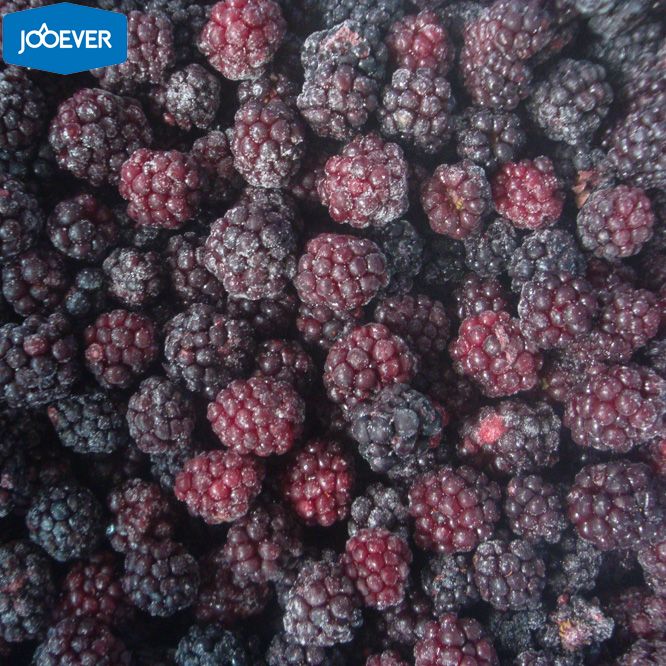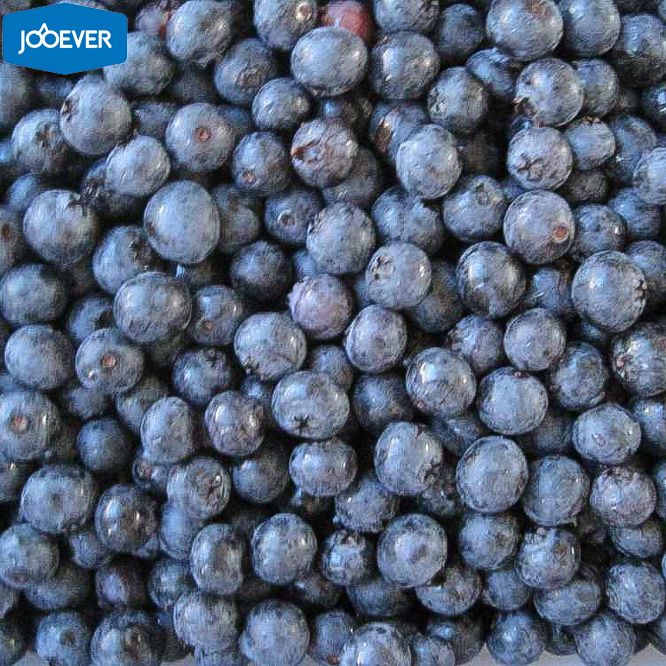Your reliable partner for frozen foods
When it comes to weight loss, fruits are a valuable addition to a balanced diet, providing essential vitamins, minerals, and fiber while keeping calorie counts low. However, fresh fruit is not always convenient or available year-round, making frozen fruit a practical alternative. But is frozen fruit just as beneficial for weight loss? The answer is a resounding yes! Here’s why frozen fruit is an excellent option for those looking to shed pounds without sacrificing flavor or nutrition.
Frozen fruits, just like fresh fruits, are packed with nutrients that make them a valuable component of a weight-loss diet. Freezing fruit shortly after it’s harvested helps retain its nutrient content, so you don’t miss out on the vitamins and antioxidants present in fresh fruit.
Low in Calories: Many frozen fruits, like berries, mangoes, and peaches, are low in calories, making them ideal for weight loss. For instance, one cup of frozen strawberries contains around 50 calories, while the same amount of blueberries contains about 79 calories. These low-calorie counts make frozen fruits a guilt-free snack that can satisfy your sweet cravings without adding too many calories.
Rich in Fiber: Fiber is a key nutrient for anyone trying to lose weight, as it helps with digestion, keeps you feeling full longer, and stabilizes blood sugar levels. Frozen fruits, particularly berries, are high in fiber. For example, a cup of frozen raspberries contains about 8 grams of fiber, while frozen blackberries provide 7 grams. The high fiber content in these fruits helps curb hunger, reducing the urge to snack on high-calorie foods throughout the day.
Packed with Antioxidants: Frozen fruits, especially berries, are known for their antioxidant content. Antioxidants like anthocyanins, flavonoids, and vitamin C help fight inflammation, reduce oxidative stress, and may even play a role in weight regulation. Blueberries, for example, are rich in anthocyanins, which not only give them their deep blue color but also provide protective health benefits.

Most fruits, particularly berries, have a low glycemic index (GI), meaning they don’t cause rapid spikes in blood sugar. This is crucial for weight loss, as stable blood sugar levels prevent energy crashes and minimize cravings, especially for sugary or high-calorie snacks. Frozen berries retain this low-GI advantage, making them an excellent choice for people managing weight or watching their blood sugar levels.
A common question is whether frozen fruits are as nutritious as fresh ones. Fortunately, freezing does not significantly impact the nutritional content of fruit. In fact, some studies suggest that frozen fruits may retain more nutrients than fresh fruits due to the preservation method. Fresh fruits can lose nutrients over time during storage and transportation, while frozen fruits are preserved shortly after harvest, locking in their vitamins and minerals.
Frozen fruit also has some unique benefits over fresh:
· Convenience: Frozen fruit is pre-washed, pre-cut, and ready to use, making it a quick and easy option for busy individuals.
· Cost-Effectiveness: Frozen fruit is often more affordable than fresh, especially when it’s out of season. Buying in bulk can also save money and reduce food waste.
· Year-Round Availability: Unlike fresh fruit, which can be seasonal, frozen fruit is available throughout the year, allowing you to enjoy a wide variety of fruit anytime.
Incorporating frozen fruit into your diet is easy, and there are countless ways to use it without compromising your weight-loss goals. Here are some ideas:
Smoothies and Protein Shakes: One of the simplest ways to enjoy frozen fruit is in a smoothie. Blend frozen berries, mango, or peaches with your choice of milk or yogurt for a nutritious and filling drink. You can add greens like spinach or kale for extra nutrients and fiber.
Yogurt or Oatmeal Toppings: Thawed or partially frozen fruit adds a burst of flavor to yogurt bowls or oatmeal. Adding frozen fruit to these meals is an easy way to increase the fiber and antioxidant content while keeping calories low.
Baking Low-Calorie Treats: You can use frozen fruit in baking to create low-sugar muffins, breads, and cakes. Substitute high-calorie ingredients with frozen fruit to lower the overall calorie content of your recipes. Berries, in particular, work well in muffins or low-sugar desserts.
Healthy Sorbet or Ice Cream: For a sweet treat that won’t derail your diet, try making homemade berry sorbet. Blend frozen fruit with a little bit of yogurt or milk for a creamy texture, adding a touch of honey or cinnamon for natural sweetness. This makes for a refreshing, low-calorie dessert.
As a Refreshing Snack: Frozen fruit can also be enjoyed straight from the freezer as a cool, satisfying snack. Many people find that frozen berries or mango chunks make a refreshing treat, especially in warm weather, and the fiber and natural sugars make it both filling and delicious.

Check for Added Sugars: When buying frozen fruit, opt for brands that provide 100% fruit without any added sugars or preservatives. Added sugar can increase the calorie content and interfere with weight loss efforts, so it’s best to go with natural, unsweetened options.
Store Properly: Frozen fruit should be stored in the freezer and used within a reasonable timeframe for optimal quality. Ensure that the packaging is tightly sealed to prevent freezer burn and preserve the fruit’s natural flavor and texture.
Allow Fruit to Thaw When Necessary: While frozen fruit can be blended or eaten frozen, some recipes, like salads or yogurt bowls, may benefit from thawed fruit. Just let the fruit sit at room temperature for a few minutes or place it in the fridge to thaw gradually.
Frozen fruit is not only convenient but also a nutritious and versatile option for those on a weight-loss journey. With low calories, high fiber, and plenty of vitamins and antioxidants, frozen fruit can help keep you full, energized, and satisfied. Incorporating frozen fruit into your meals and snacks is an easy and delicious way to support your health goals all year round.
At Jooever, we are committed to providing the highest-quality frozen fruits, picked at peak ripeness and flash-frozen to retain their nutrients. Discover our wide range of frozen fruit products today, and let us help you stay on track with your health and weight-loss goals!